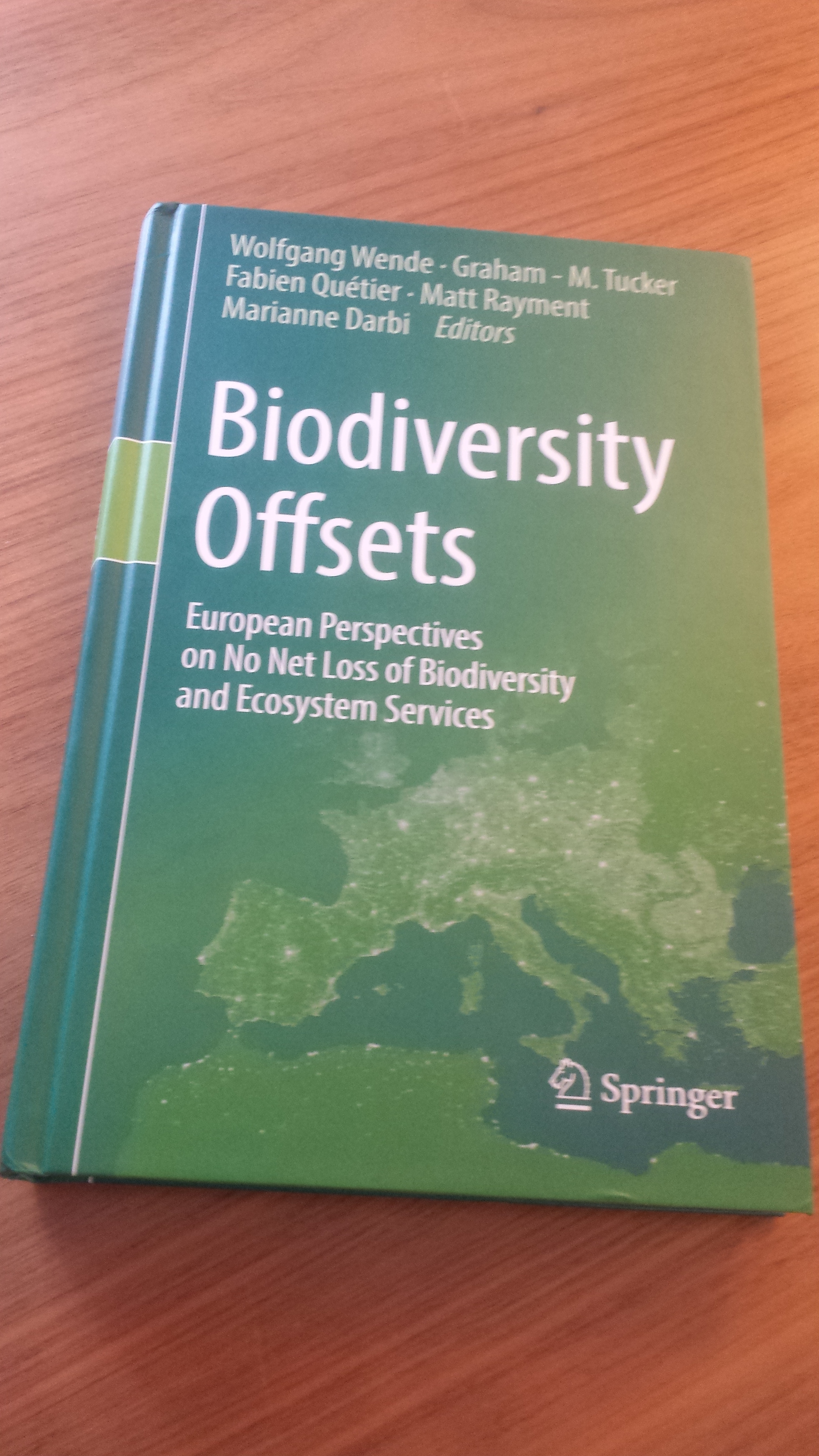CEP have contributed to the newly published SOER 2020 report
The European Environment Agency (EEA) has published the flagship report on the State of Environment in Europe (SOER 2020). The report emphasises the sustainability challenges Europe faces and the need for urgent systemic solutions. As well as providing an overview of key environment and climate trends, the report also reflects on the influence of global trends on Europe’s environment and the key emerging drivers of environmental change.
CEP has provided analytical support to the EEA in their preparation of SOER 2020 through a number of contracts lead and delivered by CEP experts or managed by CEP under the EEA framework on forward looking analysis, sustainability assessments and systemic transitions. These include projects such as updating the knowledge base on global megatrends; identifying and assessing drivers of change; and analysing critical interactions between environmental SDGs from a European perspective.
For more information please contact CEP’s Owen White.
“Europe’s environment is at a tipping point. We have a narrow window of opportunity in the next decade to scale up measures to protect nature, lessen the impacts of climate change and radically reduce our consumption of natural resources.”
“The State of the Environment Report is perfectly timed to give us the added impetus we need as we start a new five-year cycle in the European Commission and as we prepare to present the European Green Deal.”




